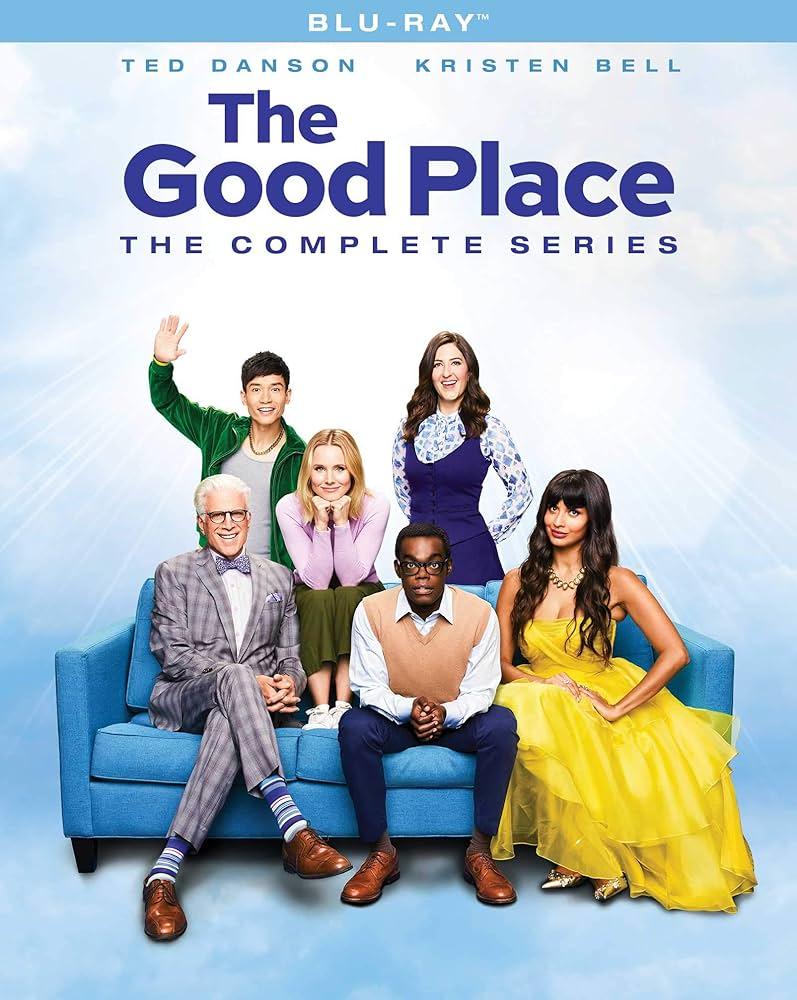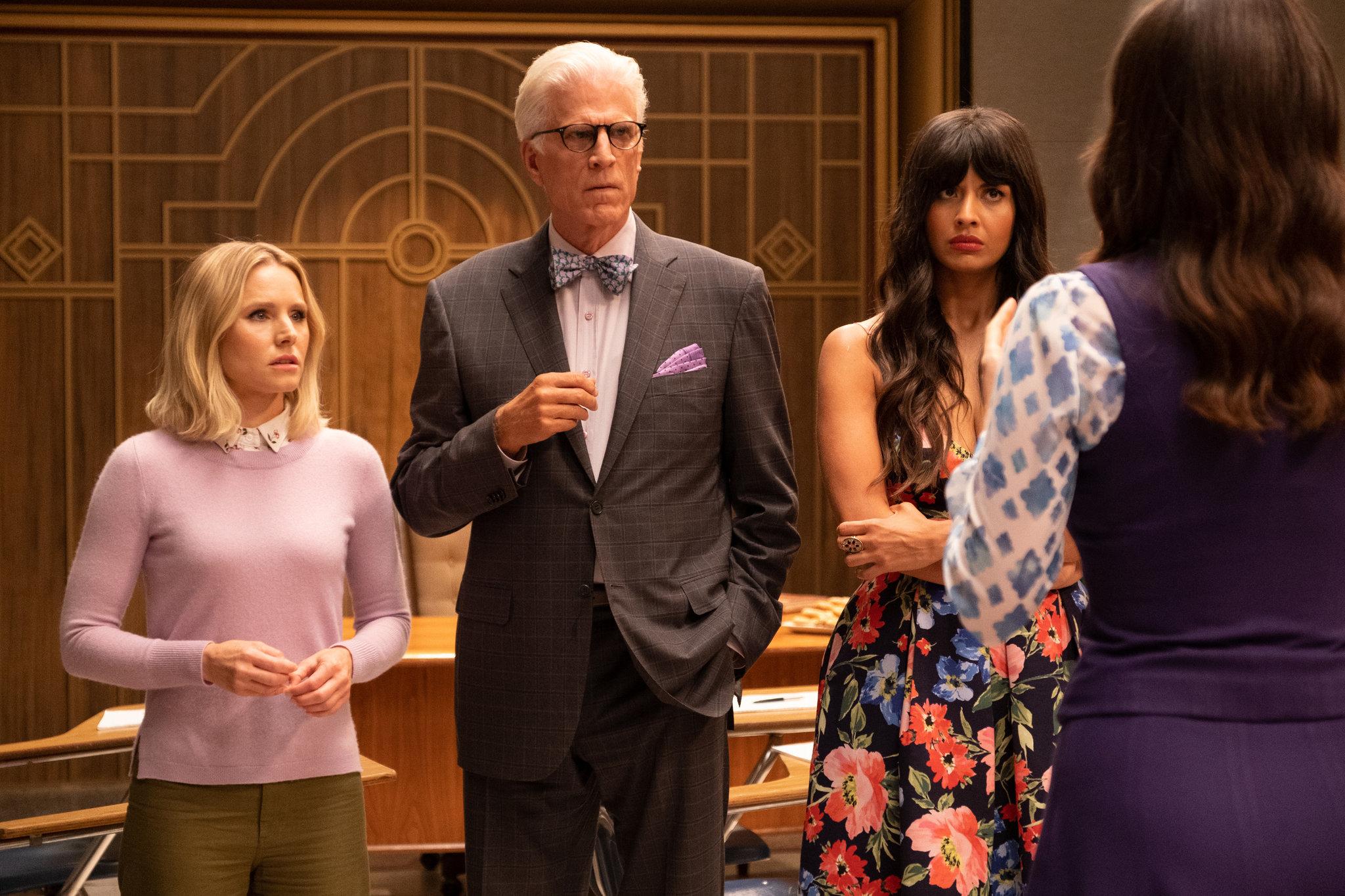In recent years, NBC’s “The Good Place” has captivated audiences with its imaginative portrayal of the afterlife and its exploration of ethical and moral dilemmas. While the show has been praised for bringing philosophical concepts into the mainstream, it has also sparked debate about the depth and complexity of its ethical teachings. As viewers follow the journey of Eleanor Shellstrop and her companions through various realms of existence, they are introduced to a range of philosophical ideas, from utilitarianism to Kantian ethics. However, the question arises: does “The Good Place” oversimplify these concepts for the sake of entertainment, or does it successfully distill complex theories into digestible narratives? This article critically examines whether the show’s approach to ethics and morality is too simplistic, considering its impact on viewers’ understanding of these fundamental issues. Through a balanced analysis, we aim to explore the strengths and limitations of “The Good Place” as a vehicle for philosophical discourse.
Analyzing Ethical Dimensions: A Deeper Look into The Good Places Moral Framework
While NBC’s The Good Place offers a delightful narrative interwoven with ethical dilemmas, its portrayal of moral philosophy can sometimes come across as overly simplistic. The show attempts to distill complex philosophical concepts into digestible lessons, which, while engaging, can inadvertently lead to an oversimplification of ethical nuances. The moral framework in the series is primarily based on a point system, a quantifiable measure of one’s ethical standing, which can be critiqued for not fully capturing the depth and breadth of human morality.
Several elements contribute to this simplification:
- Reductionist Approach: The use of a points system may inadvertently suggest that morality is a straightforward calculation rather than a nuanced interplay of intentions, context, and consequences.
- Character Archetypes: Each character often embodies a specific moral flaw or virtue, which can lead to a black-and-white interpretation of complex ethical issues.
- Philosophical Summaries: While the inclusion of philosophers like Kant and Kierkegaard adds depth, the show’s brief summaries can sometimes strip these theories of their intricacies.
Ultimately, while The Good Place succeeds in sparking interest in moral philosophy, its ethical framework might be too simplified for those seeking a deeper, more comprehensive exploration of morality.

Simplifying Complexity: How The Good Place Addresses Philosophical Concepts
The popular TV series cleverly distills intricate philosophical ideas into digestible narratives, making concepts like utilitarianism, existentialism, and deontology accessible to a broad audience. While this approach has been lauded for its educational value, it raises questions about whether the show oversimplifies these complex ideas. By using humor and relatable scenarios, the series sparks curiosity about ethics and morality, inviting viewers to explore these themes more deeply.
However, critics argue that this simplification might lead to a skewed understanding of philosophical doctrines. The show tends to present ethical dilemmas with a clear right and wrong, which contrasts with the nuanced debates found in academic discussions. Key concerns include:
- The portrayal of moral decisions as binary choices, which may overlook the gray areas inherent in ethical reasoning.
- Condensing centuries of philosophical thought into punchlines, potentially diluting their original meaning and depth.
Despite these criticisms, the series succeeds in engaging a diverse audience with philosophical inquiry, even if it means sacrificing some of the complexities along the way.
Balancing Entertainment and Education: The Shows Approach to Moral Lessons
In navigating the terrain between entertainment and education, The Good Place endeavors to weave moral lessons into its narrative fabric. While the show’s premise—an exploration of the afterlife and the concept of earning one’s place in paradise—provides a fertile ground for ethical discourse, some critics argue that its approach is occasionally reductive. The characters, often caught in a cycle of moral dilemmas, serve as conduits for examining complex philosophical ideas. Yet, the show’s tendency to oversimplify these concepts into digestible soundbites can dilute the intricacies of ethical theories.
Key elements in the show’s approach include:
- Character Development: Each character’s journey is a reflection of moral growth, yet the resolution of their ethical conflicts sometimes leans towards overly simplistic solutions.
- Philosophical References: While the series frequently references real philosophical theories, the depth of these references is often limited to suit comedic timing and narrative flow.
- Moral Scenarios: The dilemmas presented are relatable and engaging, but the binary outcomes might overlook the nuanced nature of real-world ethical decision-making.
Balancing the need to entertain with the desire to educate, The Good Place crafts a narrative that is both thought-provoking and accessible. However, its simplification of moral lessons may leave viewers craving a deeper dive into the complexities of ethics.

Recommendations for Enhanced Depth: Suggestions for Future Ethical Storytelling
To deepen the ethical narrative of “The Good Place,” future storytelling could benefit from exploring more nuanced dilemmas and showcasing a broader spectrum of moral philosophies. Incorporating a diverse array of ethical frameworks beyond utilitarianism and Kantian ethics could offer a richer tapestry of moral contemplation. This might include exploring concepts like virtue ethics, care ethics, or even lesser-known philosophies from non-Western traditions, which could provide fresh perspectives and provoke deeper audience reflection.
Furthermore, storytelling could be enhanced by introducing morally ambiguous scenarios that challenge the characters and viewers to reconsider preconceived notions of right and wrong. Such scenarios might include:
- Complex social dilemmas that require weighing community needs against individual rights.
- Situations with no clear moral victor, pushing characters to make decisions that have both positive and negative outcomes.
- Exploration of systemic ethical issues, encouraging a dialogue on how individual actions intersect with broader societal structures.
By expanding the ethical landscape, future narratives can foster a more engaging and thought-provoking experience that resonates with a diverse audience seeking depth and authenticity in moral storytelling.
